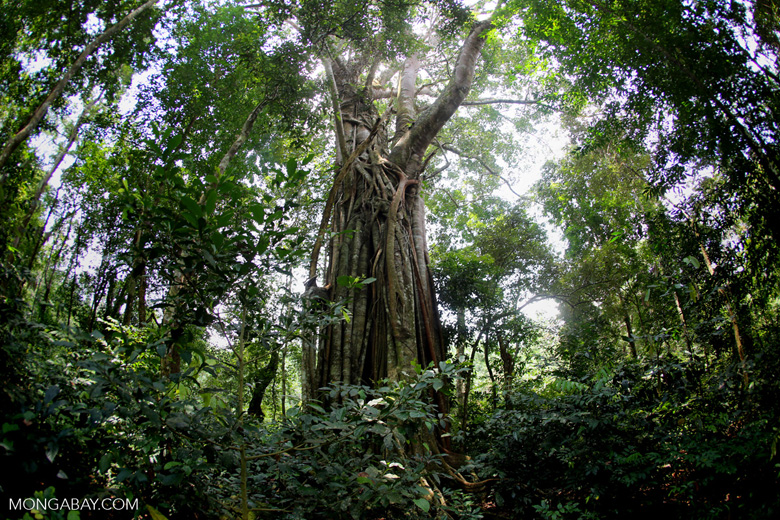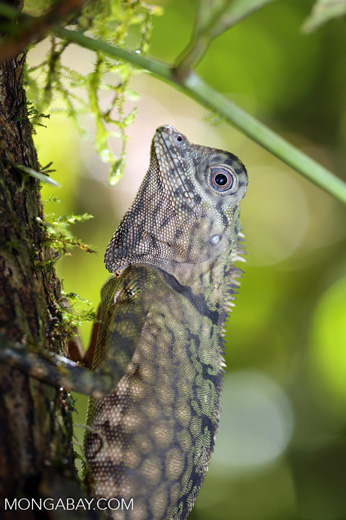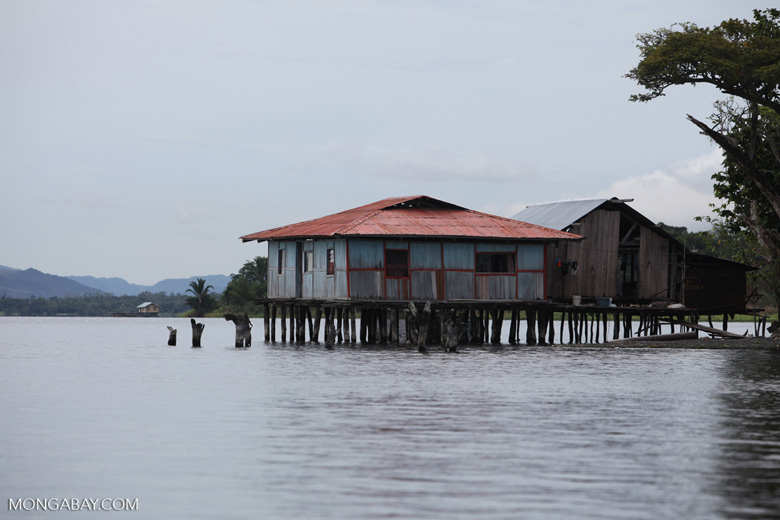Indonesia, Malaysia and Papua New Guinea all have economic development plans that call for increased investment in infrastructure: new roads and railroads through wilderness areas; massive land reclamation projects; hydroelectric dams; coal and natural gas-fired power plants, and more.

These plans are in line with a global trend of promoting infrastructure spending. At the 2014 G-20 summit, the world’s 20 wealthiest countries vowed to mobilize $60-70 trillion worth of investment in new infrastructure projects worldwide, roughly doubling the value of global infrastructure within 15 years. Many of these projects are targeted at the developing world, including millions of kilometers of roads and thousands of hydroelectric dams, mines and oil and gas projects.
Governments and international funders credit such projects with boosting economic growth and human wellbeing by enabling trade and economic integration and linking remote communities to national power grids. But what is the other side of the story?
Most of these projects will have significant ecological and social impacts in their own right: dams, mines, roads and power plants all disrupt surrounding ecosystems and communities. Many have additional knock-on effects, like road networks that literally pave the way for logging, poaching, mining and human settlements in wilderness areas.
Mongabay is seeking pitches for stories on the potential social and environmental impacts of proposed infrastructure projects in Indonesia, Malaysia and Papua New Guinea. Proposals for both news bulletins and in-depth investigations are welcome.
Of particular interest are proposals for investigative work uncovering evidence of new infrastructure projects; revealing the political economy of infrastructure projects, including specific people responsible for projects; identifying impacts on local communities and wildlife populations; documenting why certain infrastructure projects have proved more damaging than others; and following up on rumors or leads to separate fact from fiction.

Other topics of interest include but are not limited to:
- The role of multilateral funders like the Asian Development Bank, the Asian Infrastructure Investment Bank and the World Bank in steering and financing projects
- The involvement of regional and international banks and construction firms in projects
- How individual projects gained official approval
- Evaluation of the thoroughness and accuracy of environmental impact studies
- Alternatives or mitigation efforts that could be considered
- Conflicts arising due to construction on land held under customary tenure systems
- Local perceptions of proposed infrastructure projects
Journalists are expected to consult with various stakeholders, including social and environmental NGOs, scientists, officials, and local communities. Mongabay will negotiate all fees and contracts on a per-story basis. Completed stories will be paid per word, depending on the journalist’s experience and the complexity of the reporting, and will be published on Mongabay.com under an open Creative Commons license that allows for sharing and re-posting. We will also offer a small payment to journalists who proactively get their stories republished in major third-party print media outlets and on sites that draw more than 100,000 unique visitors per month. Small sums are available to help defray travel costs.
All applications must be submitted in English, and all final reporting will be published first in English. However, Indonesian-language journalists are encouraged to pitch stories in Bahasa Indonesia to Sapariah Saturi, one of our Indonesian editors.

Please submit your Southeast Asia infrastructure pitch here along with your journalism resume. Pitches should be roughly 500 words in length. They should clearly explain the specific subject you would like to write about and your approach to covering it, describe a few potential sources, and include whether travel funding is necessary to complete the project (travel funds are very limited). As this is an ongoing pitch solicitation, there is no deadline for submissions.
Other reporting opportunities: